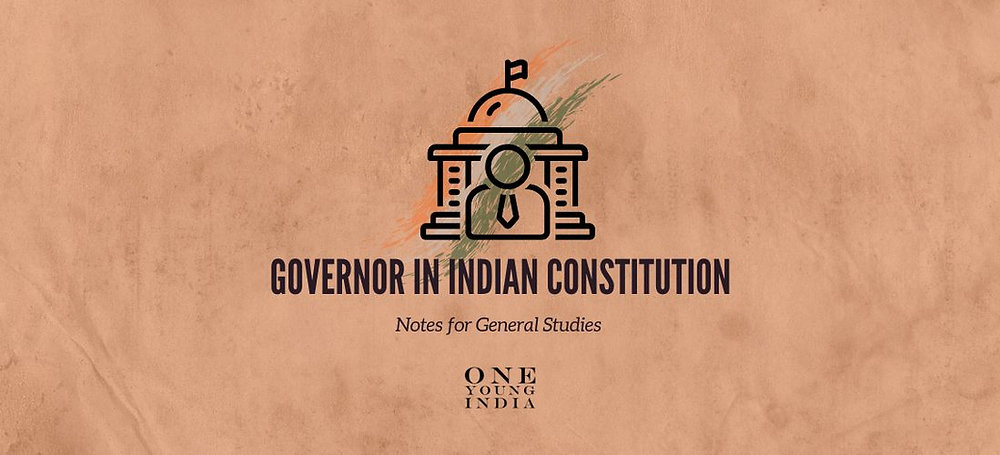Chief Justice D.Y. Chandrachud, writing for a three-judge Bench, held that a law proposed by a State legislature is not extinguished merely because the Governor refuses to sign his assent.
Judgement on Article 200:
- The judgment explains that the substantive portion of Article 200 of the Constitution provides the Governor with three options when presented with a Bill — consent to the proposed law, withhold consent, or reserve the Bill for the consideration of the President. Hence statement 1 is correct
- The first provision of Article 200 goes on to say that the Governor may send the withheld Bill, if it is not a Money Bill, back to the House as soon as possible with a message suggesting amendments or requesting the Assembly to re-consider the Bill or specific provisions of it. The judgment holds that the first provision does not offer the Governor a fourth contingency.
- The court clarified that the Governor cannot choose between letting a Bill die after rejecting it and sending it back to the House for re-legislation.
- The Chief Justice held that a Governor should necessarily return a Bill to the House for re-legislation after deciding to withhold consent.
- The court held that the procedure enumerated in the first provision was the mandatory follow-up to the Governor’s choice of withholding consent. Thus, the court has inextricably linked the withholding of consent with the return of the Bill to the House for reconsideration.
- The court had made it clear that the final word belongs to the legislature. Once the House re-passes the returned Bill, with or without amendments, the Governor has no choice but to grant consent.
- The Governor is under Article 168 a part of the legislature and is bound by the constitutional regime,” the court held.
States’ Constitutional Obligation:
- If the Governor continues to fail to act in accordance with the Constitution with respect to Article 200, the State government has a constitutional obligation to invoke Article 355 and notify the President, requesting that appropriate instructions be issued to the Governor to ensure that the process of government is conducted in accordance with the Constitution.
- Article 355: It shall be the duty of the Union to protect every State against external aggression and internal disturbance and to ensure that the government of every State is carried on in accordance with the provisions of this Constitution
Constitutional immunity to Governor:
- Under Article 361 of the Constitution, the Governor has complete immunity from court proceedings for any act done in the exercise of their powers.
- Supreme Court in Rameshwar Prasad and Ors. vs Union Of India and Anr held: “the immunity granted by Article 361(1) does not, however, take away the power of the Court to examine the validity of the action including on the ground of malafides”. Hence statement 2 is correct
Article 201:
- When a Bill is reserved by a Governor for the consideration of the President, the President shall declare either that he assents to the Bill or that he withholds assent therefrom:
- Provided that, where the Bill is not a Money Bill, the President may direct the Governor to return the Bill to the House or, as the case may be, the Houses of the Legislature of the State together with such a message as it mentioned in the first proviso to Article 200 and, when a Bill is so returned, the House or Houses shall reconsider it accordingly within a period of six months from the date of receipt of such message and, if it is again passed by the House or Houses with or without amendment, it shall be presented again to the President for his consideration.

